Description
Fiction. Jewish Studies. This Michael Blumenthal novel was chosen by Elie Wiesel, Thomas Kenneally, and Merrill Joan Gerber as winner of Hadassah Magazine’s prestigious Ribelow Prize as Best Jewish Novel of the Year in 1994. In its all-too-short lifespan, it received rave reviews from Kirkus and Publisher’s Weekly and glowing tributes from such writers as Lorrie Moore, Tim O’Brien, Jhumpa Lahiri, Robert Coles, and Leslie Epstein. Unfortunately, just three months after the novel’s publication, its publisher, Zoland Books, was forced to close for economic reasons, and this brilliant novel by one of America’s finest poets hardly even saw the light of day. It is now available for the first time in paperback allowing it a second—really a first–life. Once you read it, I am sure you will agree that it more than deserves the kind of critical and popular attention which—due to the unfortunate circumstances that befell its original publisher—it never received.
“Lascivious and witty… Convinced after a short time in residence [at Harvard] that the institution and his colleagues are far more interested in celebrating the dead than in supporting the living, Martin finds his childhood fears of death and betrayal resurfacing with a vengeance. Born to poor Israeli parents who decided to stay on in America, he was traded as an infant to his childless aunt and uncle in exchange for a chicken farm in New Jersey, then raised as his foster parents’ son without being told of the switch until his “mother” died, to be replaced by a bitter widow who made life intolerable. Unsure of love and his identity as a youth, he shuns commitment like the plague in Cambridge–although he never fails to rise to temptations offered by his students and eligible others. Martin’s willful descent into existential quagmires and indecisiveness ends finally on a junket to Ecuador, where he meets the sensitive, artistic Beatrice, who guides him back to the living by bearing his son and who gives him the courage to confront the accumulated miseries of Harvard and his past. With nods to Dante, Philip Roth, and a host of others, this is cultured and pleasantly satirical” – Kirkus
“Graceful, wise, moving… a savage, hilarious satire… Blumenthal, a poet and former creative writing director at Harvard, has written an engrossing narrative: death-obsessed, life-affirming and, like all good novels, resonant with meaning.” – Publishers Weekly
“Morbidly funny” – Library Journal
“The satire of academia in Weinstock Among the Dying succeeds in the hilarious footsteps of Nabokov’s Pnin. In the end, however, wit and cynicism join hands with grief and growth, and enable Weinstock to bury his despair. His journey toward emotional fulfillment was a pleasure to follow for this reader. In turns humorous and sad, but consistently engaging, Blumenthal has written an eloquent, compelling, richly textured first novel.” – Harvard Review
Michael Blumenthal holds the Darden Distinguished Endowed Chair in Creative Writing at Old Dominion University. He is author of eight other poetry books, one novel, one memoir, an essay collection, and translations of poems by Peter Kantor. Publications include The New Yorker, and Paris Review. A graduate of Cornell Law School and formerly Director of Creative Writing at Harvard, he is the author of No Hurry: Poems 2000-2012 (Etruscan Press). the memoir All My Mothers and Fathers (Harper Collins, 2002), and of Dusty Angel (BOA Editions, 1999), which won the Isabella Gardner Poetry Award. His collection of essays from Central Europe, When History Enters the House, was published in 1998. A frequent translator from German, French and Hungarian, he practices psychotherapy with Anglophone expatriates in Budapest and spends summers at his house in a small village near the shores of Lake Balaton in Hungary. In May of 2007, he spent a month in South Africa working with orphaned infant chacma baboons at the C.A.R.E. foundation in Phalaborwa, an experience about which he has written for Natural History and The Washington Post Magazine. He is currently a Visiting Professor of Law at the West Virginia University College of Law, where he has taught since 2009.
BOOKS FROM PLEASURE BOAT STUDIO:
When History Enters the House: Essays From Central Europe
Because They Needed Me: Rita Miljo and the Orphaned Baboons of South Africa
More on Blumenthal~
https://www.poetryfoundation.org/poets/michael-c-blumenthal:
“I write poetry,” Blumenthal once commented, “quite unashamedly, because I believe, as Howard Nemerov has said, that ‘the beautiful is still among the possible,’ and that it redeems us…”
“Vendler pointed out that while Blumenthal’s subjects, such as the Holocaust or mental doubt, might be termed “tragic,” the approach he takes in his poetry creates “poems exhilarating to read, full of lifts and turbulence.” Blumenthal’s later books have also been praised for their gentle wit and penetrating insight.”
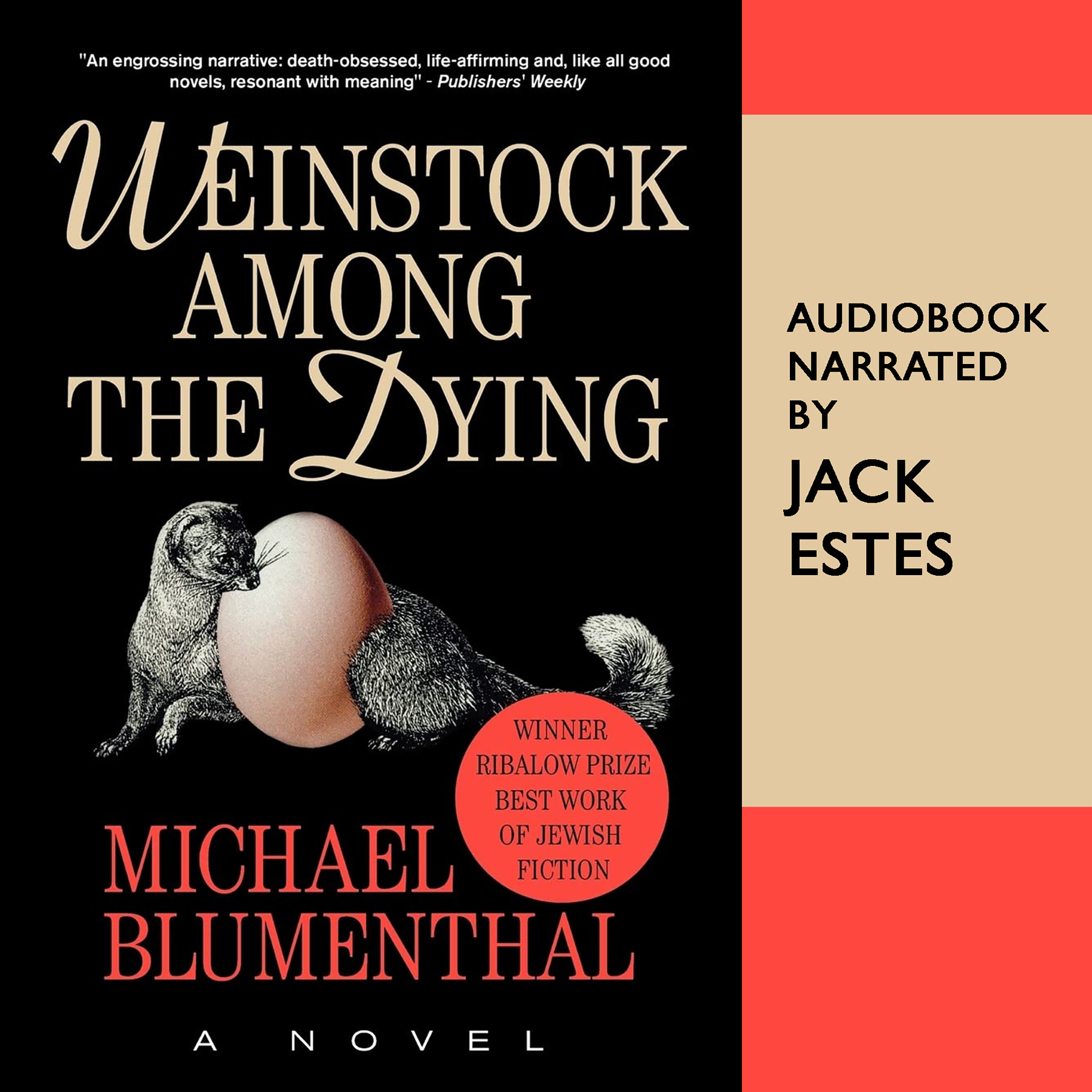
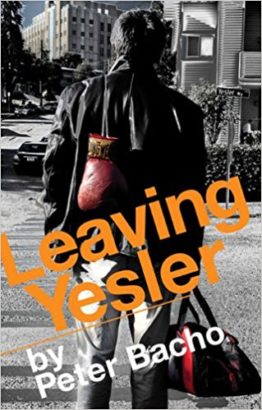
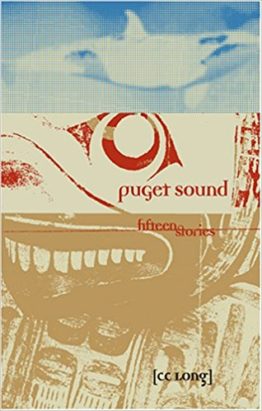
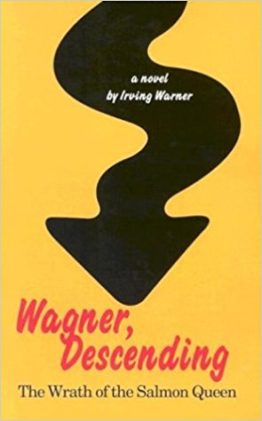
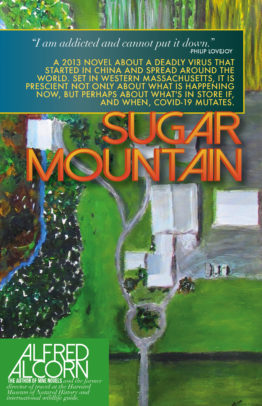
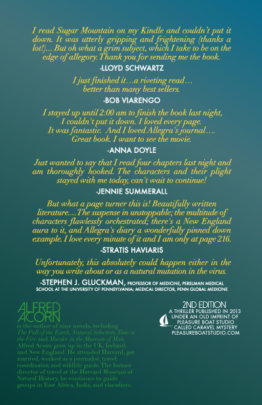
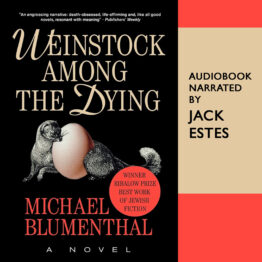
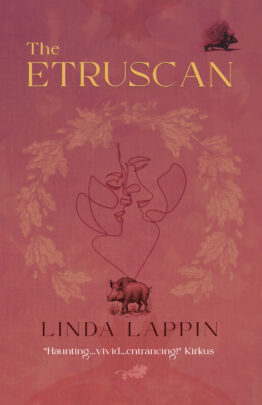
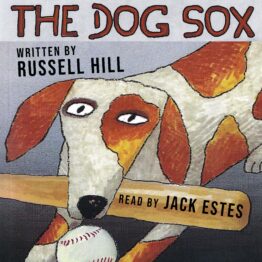
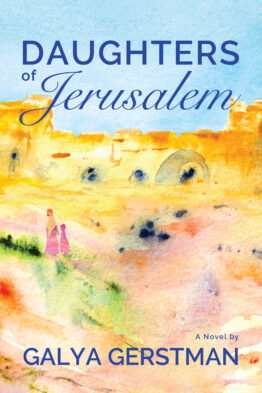
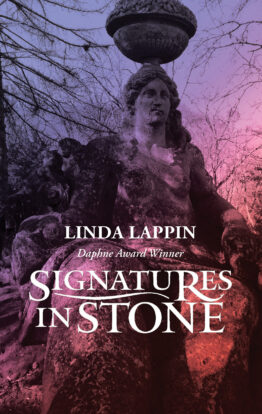
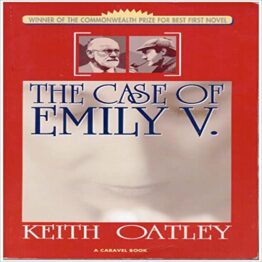
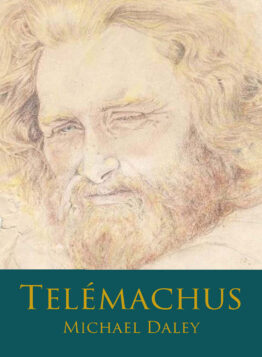
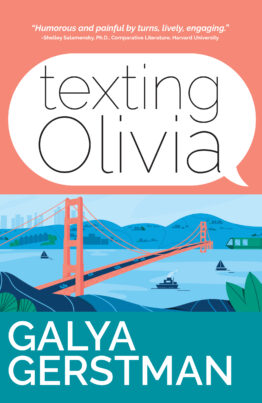

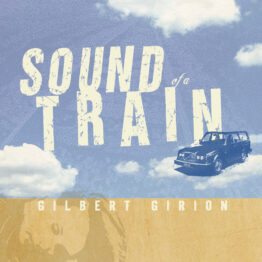
Library Journal –
Poet Blumenthal’s morbidly funny though often contrived first novel is the angst-laden story of poet Martin Weinstock, a mournful Lothario appointed to Thanatos U. (read: Harvard)–a place, he says, where “death is a mere formality.” Traded as a baby by his poor, immigrant parents to a childless, ailing aunt and uncle in exchange for a New Jersey chicken farm, Weinstock notes that “womb” rhymes with “tomb” and rates himself “among the dying” since infancy. At Thanatos, he and his colleagues carp and whine like Woody Allen and Billy Crystal, trading one-liners about tenure, the “dead” literary canon, department death notices (which he feels are redundant), and the “frauds” on the faculty. Weinstock has numerous ill-fated affairs, one ending with a student’s abortion, and it seems no accident that a woman named Beatrice leads him from his sex-and-death wilderness to a salvation of sorts. Uneven, but worth a look for large collections. -Ron Antonucci, Hudson Lib. & Historical Soc., Ohio, Copyright 1993 Reed Business Information, Inc.
Kirkus Reviews –
Poet Blumenthal, former director of Creative Writing at Harvard, lampoons that university’s hallowed halls and the oddballs who roam them in his fictional debut–a lascivious and witty but all-too-entre-nous and familiar tale of academic life. Martin Weinstock is a thirtysomething Jewish poet who receives the call to teach at Harvard, a proof of his having arrived in the literary world that he greets with profound ambivalence. Convinced after a short time in residence that the institution and his colleagues are far more interested in celebrating the dead than in supporting the living, Martin finds his childhood fears of death and betrayal resurfacing with a vengeance. Born to poor Israeli parents who decided to stay on in America, he was traded as an infant to his childless aunt and uncle in exchange for a chicken farm in New Jersey, then raised as his foster parents’ son without being told of the switch until his “mother” died, to be replaced by a bitter widow who made life intolerable. Unsure of love and his identity as a youth, he shuns commitment like the plague in Cambridge–although he never fails to rise to temptations offered by his students and eligible others. Martin’s willful descent into existential quagmires and indecisiveness ends finally on a junket to Ecuador, where he meets the sensitive, artistic Beatrice, who guides him back to the living by bearing his son and who gives him the courage to confront the accumulated miseries of Harvard and his past. With nods to Dante, Philip Roth, and a host of others, this is cultured and pleasantly satirical–but for all its psychological insight, it still lacks consistency, proving an unstable mix of deep family traumas and hip Harvard-bashing. — Copyright ©1993, Kirkus Associates, LP. All rights reserved.
Other reviews –
The Jerusalem Report, by Stuart Schoffman
The best of Weinstock is a devastating, idiosyncratic satire of Harvard, where Blumenthal formerly served as director of creative writing, the very post occupied by Weinstock. Mercilessly he bangs away at the pretensions of academe. . . . Blumenthal’s Harvard is the only place in America where you have to study for dinner, a temple of Best-in-the-World elitism that Jewish faculty even if their Jewishness is considered an ugly blemish on the smooth, homogenizing hide of intellectual achievement would never dream of leaving, for it is their one chance in life to become the thing every Jew, deep in his heart of hearts most wants to be . . . The Great Goldberg. . . . Blumenthal insists that Harvard is no more nor less than a dusty archival tomb, in which the collected letters, papers, manuscripts and miseries of the dead were far more significant than the real, passionate, life-giving triumphs and tribulations of the living.
Harvard Review, by Jhumpa Lahiri:
The satire of academia in Weinstock Among the Dying succeeds in the hilarious footsteps of Nabokov’s Pnin. In the end, however, wit and cynicism join hands with grief and growth, and enable Weinstock to bury his despair. His journey toward emotional fulfillment was a pleasure to follow for this reader. In turns humorous and sad, but consistently engaging, Blumenthal has written an eloquent, compelling, richly textured first novel.